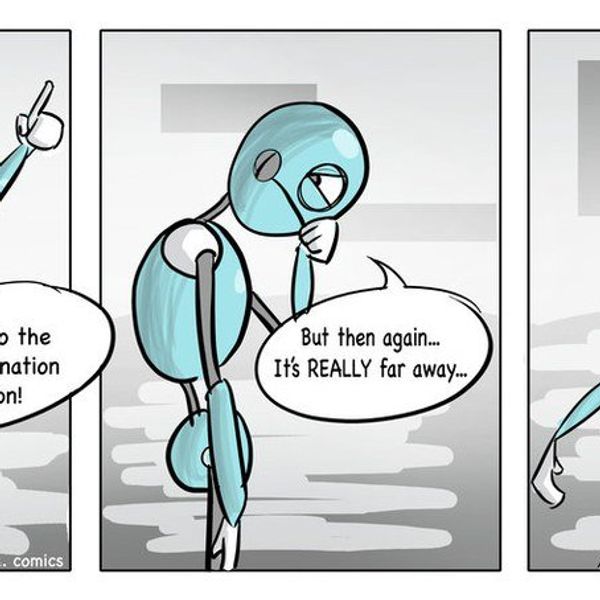Editors, the people who think they have more right words than you do. It doesn't seem right that you write this thorough submission you spent countless hours on, you wait months, possibly a year, for a response, and the editors leave you their customary stamp of all submissions you've sent their way.
Questions follow: Does the acceptance letter exist? What are they thinking? Are editors just a special form of Grammar Nazis?Having been an editor for The Florida Review, I can answer: Yes, a lot of things, and sometimes.
The world of editing can be cruel, heartbreaking, and but also very kind, and you will read all about it from these five skills editors have but don't always share with you.
1. "Encouraging" rejection letters.

Rejection letters wouldn't hurt so bad if they weren't so encouragingly vague. Editors like to use flowery language in their replies that never go into details. They will tell you they "appreciate" your story or this "quality worked really well."
Magazines and journals everywhere have deadlines to meet and quota to make, so editors don't always have the chance to analyze every page. There are some submissions that get, let's say, "experimental," that we know right away are not ready for publication.
Most of the time it has to do with an inconsistent plot or lack thereof, other times it borders on how cliche or believable it may sound. What editors really want is for writers to be their own editors, so it's a learning experience for both of us.
2. Creativity and quality control.

Time isn't the only reason editors are vague. There are a number of submissions we have to read each week and place in the "hot box." Each group of editors pick one piece to discuss and consider for publication at the editorial meeting.
Other works we feel could also be published are on the back burner, in case there are future submissions that did not realize their potential. Some publications have an acceptance rate just under ten percent.
If we collectively read through 50 submissions, that means only five of them will be potentially published. Editors don't police your creativity as much as they do police the quality of it.
The submission has to have focus, it has to know what it's trying to say, and then it must say it.
3. If you love something, set it free.

Editorial meetings can get heated, but in an enthusiastic way. The stories bring it out in us. One minute everyone in the room likes the piece and the next one editor points out a writer's oversight.
It's hard to part ways with a story that shows promise. Even when the adjustments are minor, rare is it for an editor to work with the writer on a second chance without a rejection letter.
Doors like that don't always open, and they can close. Windows of opportunity, however, are always transparent.
4. Queries are a curious thing.

Editors and writers are not always enemies. We do not share the "loose lips sink ships" mentality; if we did, we'd all be stuck in our heads or stuck in separate rooms, one only for editors and one only for writers.
Believe it or not, there is a relationship editors and writers share. We both depend on words. Language is one of those connections that is always defining and redefining our social discourse.
Editors might not read a lengthy cover letter filled with your bio starting from childhood and your numerous accolades that followed completely. They have to get to your submission sooner than later.
But editors do appreciate a short and sweet, kindly worded cover letter. The more bold approach is the query letter, where you have written or are going to write an idea that you are pitching to the editors.
In a query, you introduce yourself and ask if they would be interested in your idea. Here, you don't face rejection and now you have your foot in the door.
Soon enough, the editors will recognize you and your work, and they will show the same initiative and interest you had for them, for you, twofold. Build that portfolio, make connections, keep a network going.
5. Focus and fun are not exclusive.

You write something you think is well-written and then you hear and see the missteps in it. Not all writers are their own critic and being critiqued does not fall easy on some of their eyes or ears.
Editors get their eyes and ears hurt too, but they have learned to tolerate it. Writers, like editors, should come to their work subjectively at first, creating and feeling as they go.
After a time, you can look at your work objectively, learn from a craft standpoint what is working and what is not working. Seeing what tells your story best and enjoying how it is being told is the end goal for the two of you.
Threading the eye of a needle can be done, but it can't be done without focus and fun.



















